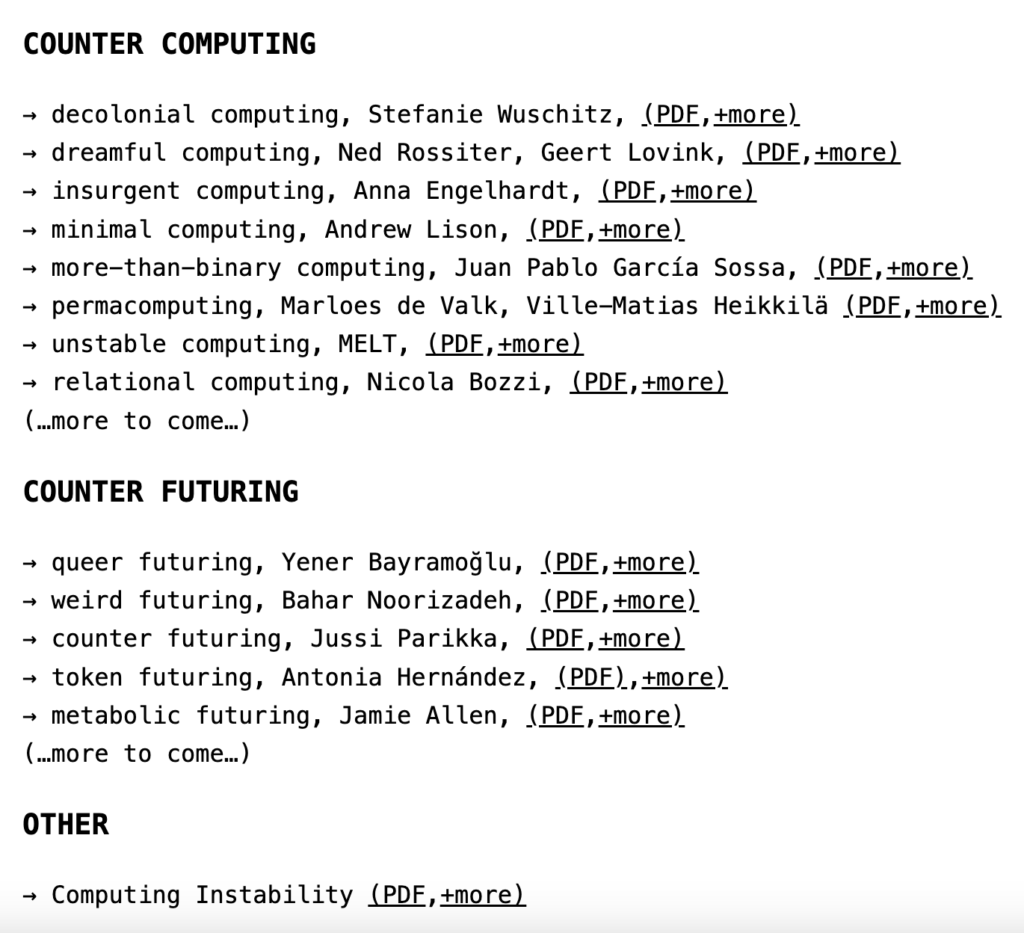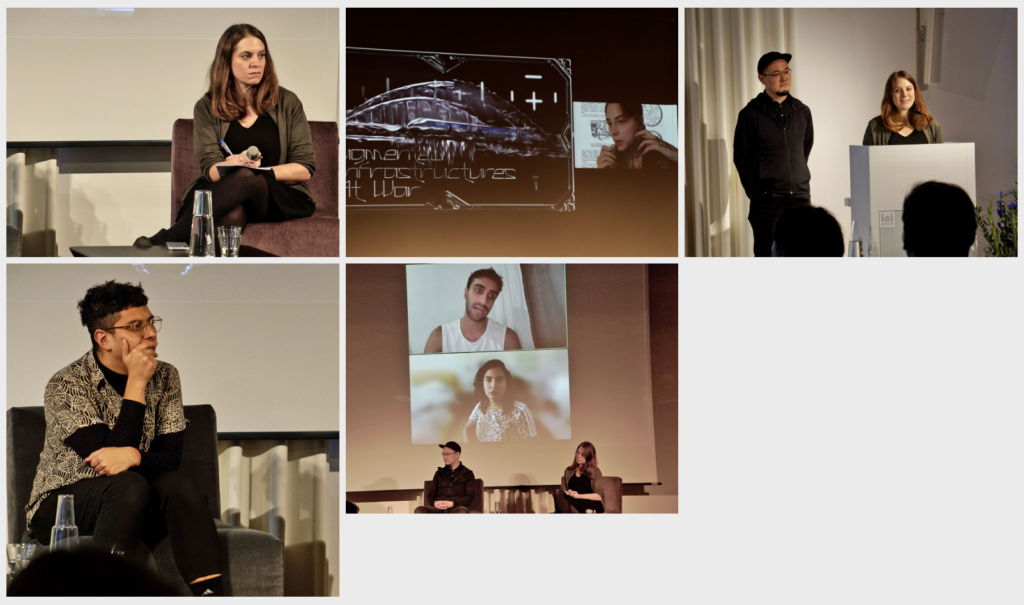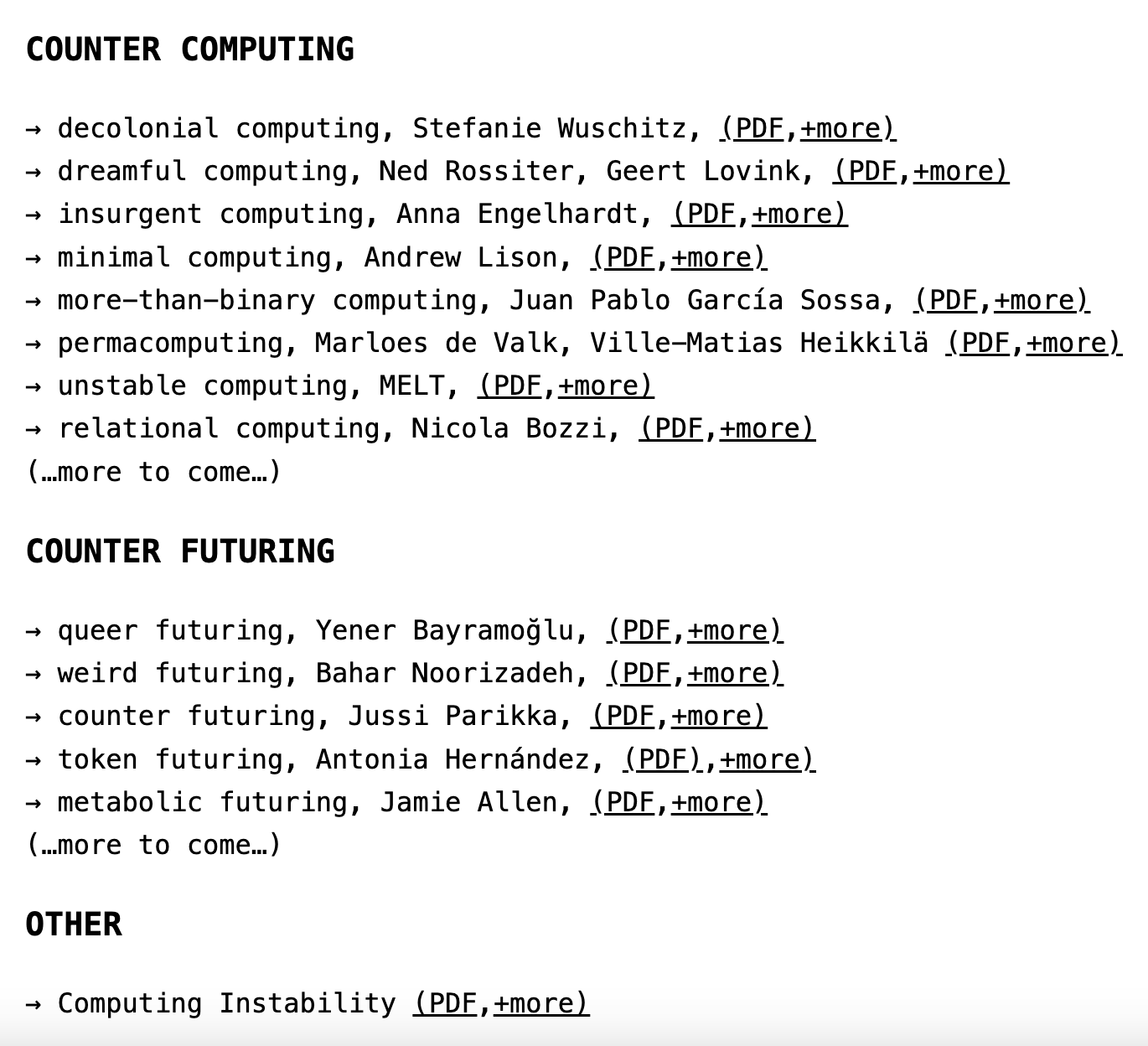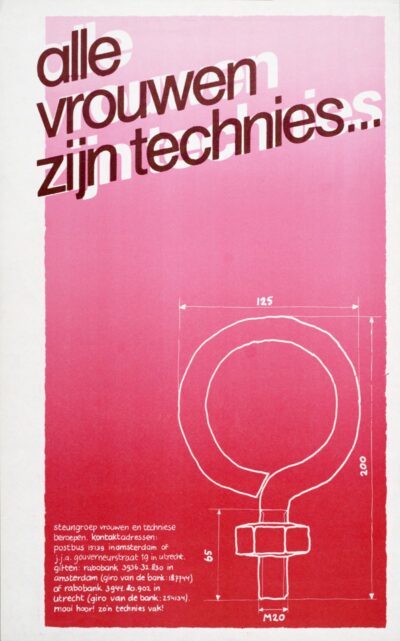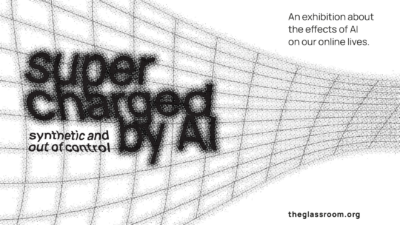“The ever-growing economic and ecological crisis in the contemporary world marks the dominance of a technological rationality whose major goal is valorization of everything in order to feed the accumulation of capital. In response, we invest in forms and networks of praxis that invert the contemporary enframing of technological systems and their underlying colonial, racial, and patriarchal epistemologies. To this end, we dig into forgotten and suppressed past futures and speculative nows to envision, encounter, and enact alternative modes of computing – informing, scaling, modeling, mapping, speculating, rhythming, networking, communalizing and (…).
COUNTER-N is a web-based publishing, exchange, and research collection curated by Shintaro Miyazaki and Özgün Eylül İşcen. To counter means to go or engage against, while to encounter means to meet or come across, thus is less aggressively narrow-minded, but more open and vague. As a noun, counter means a table, where accounts are made or persons meet, thus an object, which is in opposition. A counter is also a device that counts. As an adverb, it describes a way that opposes something. It operates as a prefix to something to oppose or to react to. Counter-N, where N is meant as an open variable to occupy, thus Counter-N unfolds a vast possibility space of practices, concepts, institutions, and more, which are not merely encountered, tackled, met and opposed, but reconstructed, reimagined, and reformulated, so that alternatives are proposed. Counter-N thus is a sort of constructive critique, which not only dissects, analyzes, debunks, and decomposes the subjects it opposes, but a form of critique, which is also constructive and puts together. This is why N stands for a verb form (-ing), highlighting its both active and processual nature.”
